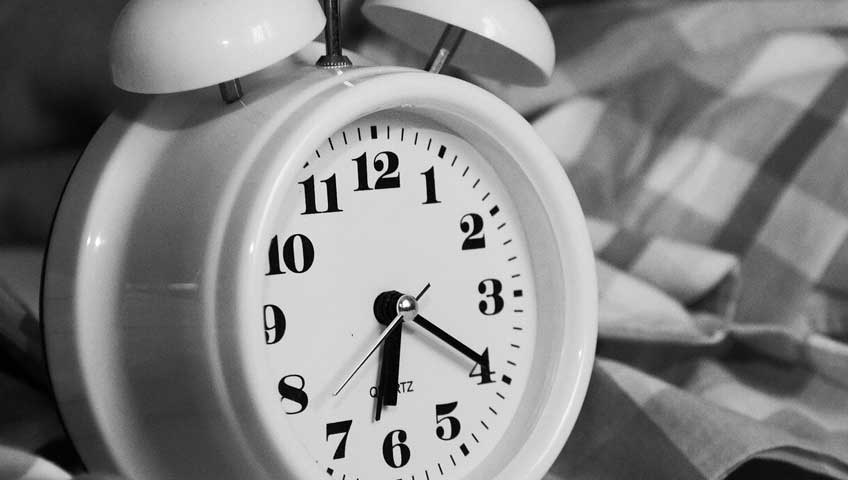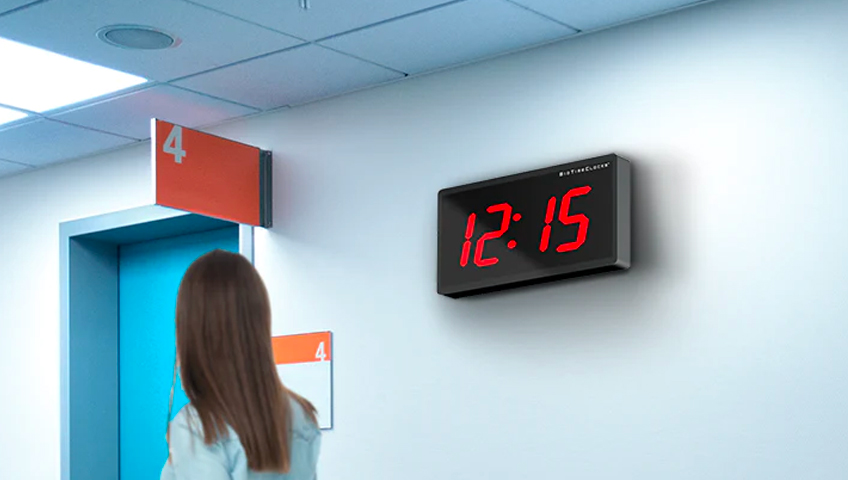Resetting your internal clock, also known as your circadian rhythm, can be helpful when you want to adjust your sleep-wake cycle, especially when dealing with jet lag, shift work, or simply trying to establish a healthier sleep pattern. How to reset your internal clock 12 Step Here are some strategies to reset your internal clock:
- Gradual Adjustments:
- Gradually shift your bedtime and wake time by 15-30 minutes earlier or later each day, depending on whether you want to reset it to an earlier or later time.
- Exposure to Natural Light:
- Get exposure to natural daylight in the morning, as it helps reset your circadian rhythm. Spend time outdoors, open your curtains, or use a lightbox designed for light therapy.
- Avoid Artificial Light at Night:
- Minimize exposure to artificial light in the evening, especially from screens (phones, computers, TVs) as it can interfere with your internal clock. Consider using blue light blocking glasses or apps to reduce screen-related light exposure.
- Maintain a Consistent Schedule:
- Stick to a regular sleep schedule, even on weekends. Consistency is key to resetting your internal clock.
- Control Your Environment:
- Make your sleeping environment as conducive to sleep as possible. Keep the room dark, quiet, and at a comfortable temperature.
- Limit Caffeine and Alcohol:
- Avoid caffeine and alcohol in the hours leading up to bedtime, as they can disrupt your sleep cycle.
- Avoid Heavy Meals:
- Refrain from eating large, heavy meals right before bedtime, as this can disrupt sleep.
- Stay Active:
- Engage in regular physical activity, but avoid vigorous exercise close to bedtime.
- Melatonin Supplements:
- Consult with a healthcare professional before using melatonin supplements, as they can help regulate your sleep-wake cycle when used appropriately.
- Avoid Napping:
- If you’re resetting your internal clock to an earlier schedule, try to avoid daytime naps. If necessary, limit them to short, 20-30 minute power naps.
- Be Patient:
- It may take several days for your internal clock to fully reset, so be patient and consistent with your efforts.
- Seek Professional Help:
- If you have persistent sleep issues or difficulties resetting your internal clock, consider consulting a sleep specialist or healthcare provider for guidance and potential treatments.
Remember that individual responses to these strategies may vary, and it’s essential to tailor your approach to your specific needs and circumstances. Additionally, resetting your internal clock may not happen overnight, so give yourself time to adjust gradually.
Is there a way to reset your internal clock?
Yes, you can reset your internal clock, also known as your circadian rhythm. Your circadian rhythm is influenced by various factors, including exposure to light, meal timing, and sleep patterns. Here are some effective ways to reset your internal clock:
Exposure to Natural Light:
Get plenty of natural daylight in the morning. Spend time outdoors or open your curtains to expose yourself to natural sunlight. This helps signal to your body that it’s time to wake up and be alert.
Control Light Exposure at Night:
In the evening, reduce exposure to artificial light, especially blue light from screens (phones, computers, TVs). Consider using blue light-blocking glasses or apps to minimize the impact of artificial light on your circadian rhythm.
Establish a Consistent Sleep Schedule:
Go to bed and wake up at the same time every day, even on weekends. Consistency helps regulate your internal clock.
Avoid Large Meals Before Bed:
Refrain from consuming heavy or large meals close to bedtime, as this can disrupt your sleep.
Limit Caffeine and Alcohol:
Avoid caffeine and alcohol in the hours leading up to bedtime, as they can interfere with your sleep-wake cycle.
Stay Active:
Engage in regular physical activity during the day, but avoid vigorous exercise close to bedtime.
Avoid Napping:
If you’re resetting your internal clock to an earlier schedule, try to avoid daytime naps. If necessary, limit them to short, 20-30 minute power naps.
Gradual Adjustments:
If you need to shift your sleep schedule significantly, make gradual adjustments of 15-30 minutes earlier or later each day until you reach your desired sleep-wake time.
Melatonin Supplements:
Consult with a healthcare professional before using melatonin supplements, as they can help regulate your sleep-wake cycle when used appropriately.
Be Patient:
Resetting your internal clock can take time, so be patient and persistent with your efforts.
Seek Professional Help:
If you have chronic sleep issues or difficulty resetting your internal clock, consider consulting a sleep specialist or healthcare provider for personalized guidance and potential treatments.
Grandfather Clock Repair Near Me >
Remember that everyone’s circadian rhythm is unique, and it may take some trial and error to find the strategies that work best for you. Additionally, the time it takes to reset your internal clock can vary depending on the extent of the adjustment you’re making.






